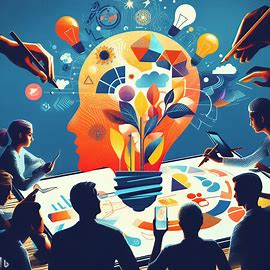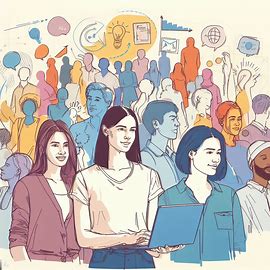In today’s digital age, internet gaming has captivated millions globally, but skepticism about its impact on mental health persists. Dispelling myths is crucial, as gaming can offer cognitive benefits and promote social interaction. Responsible gaming practices and therapeutic interventions can help harness the potential benefits, fostering positive change and enhancing mental well-being.








